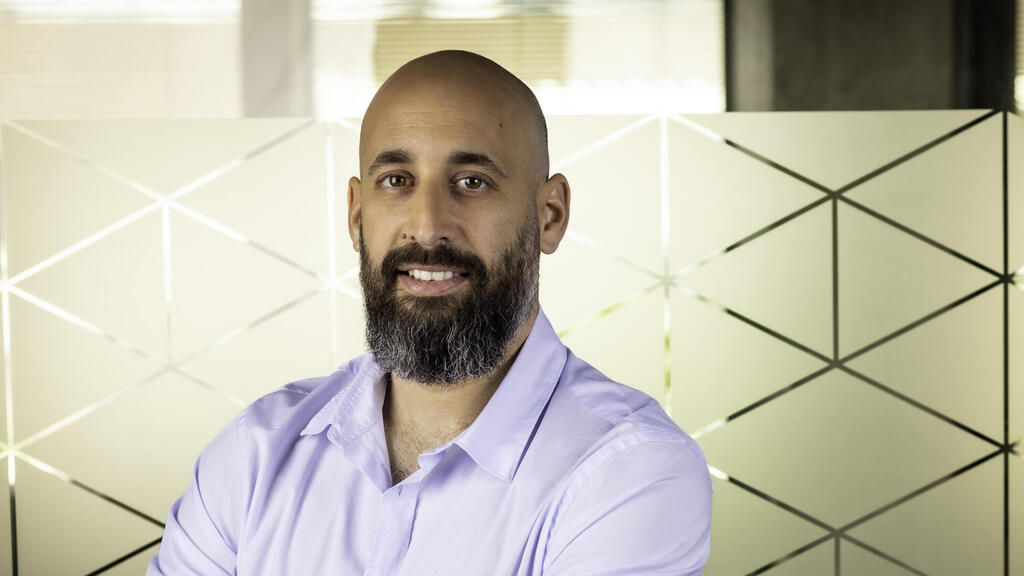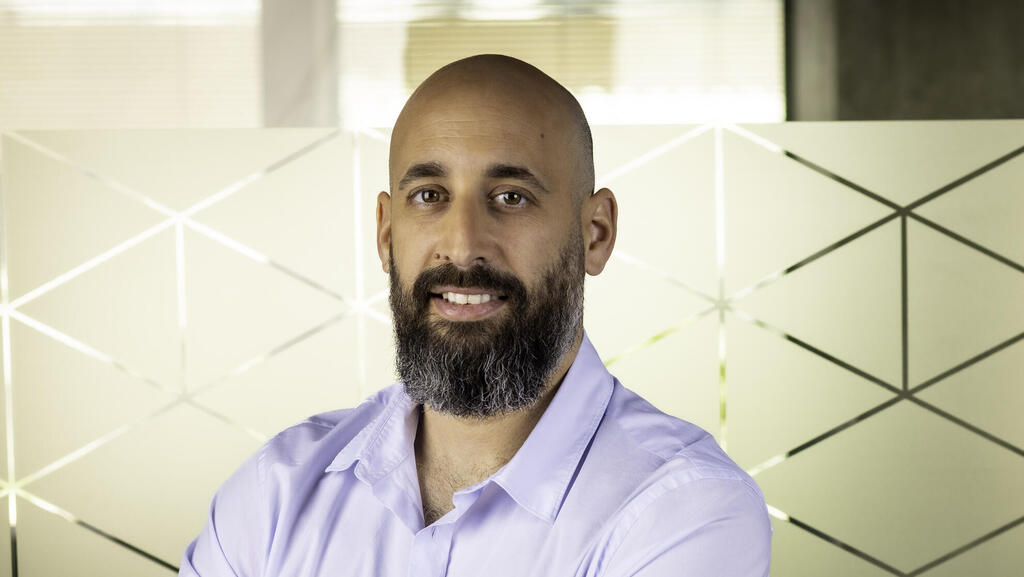
VC AI Survey
The next big exits in Israeli AI cyber? YL Ventures is betting on resilience, not hype
In CTech’s VC AI Survey, Ofer Schreiber shares the qualities the firm looks for in identifying promising companies.
“Regulation is still evolving, infrastructure costs are uncertain, and new risks will emerge as adoption grows,” says Ofer Schreiber, Senior Partner and Head of Israel Office at YL Ventures. “The key financial challenges are whether a company can establish defensible advantages when AI is broadly available, whether it can attract talent to create unique IP, and whether it can prove consistent accuracy in production.”
Schreiber joined CTech for its VC AI Survey to share the qualities the firm looks for in identifying promising companies. “We back founders who design with resilience so they can adapt to these pressures over time,” he added.
You can learn more in the interview below.
Fund ID
Name and Title: Ofer Schreiber, Senior Partner and Head of Israel Office
Fund Name: YL Ventures
Founding Team: Yoav Leitersdorf
Founding Year: 2007
Investment Stage: Early Stage
Investment Sectors: Cyber
On a scale of 1 to 10, how has AI impacted your fund’s operations over the past year - specifically in terms of the day-to-day work of the fund's partners and team members?
7. AI has become part of our workflow, particularly in research, due diligence, marketing, and productivity. It doesn’t replace human judgment. It frees our investment and value-add teams to focus on what they do best. The bigger impact has been on our portfolio: we help young companies analyze market signals and customer feedback much faster, from customer calls to social media. This accelerates product iterations and sharpens focus on the right use cases. Founders can now build faster with smaller teams, validate quickly, and test with design partners earlier. That shift changes how we work with them from day one.
Have you already had any significant exits from AI companies? If so, what were the key characteristics of those companies?
Not yet. Some past portfolio companies adopted AI early, but our more recent investments represent a new wave of cybersecurity startups where AI is central to the product. We have led the seed and follow-on rounds of companies such as Aim, MIND, and Miggo, as well as several others still in stealth, all designed from inception with AI at the core.
Is identifying promising AI startups different from evaluating companies in your more traditional investment domains? If so, how does that difference manifest?
Yes. The main difference is that AI has opened doors to solving problems that were previously considered too complex or impractical. We look for true technical depth, proprietary data advantages, and products built around pressing security needs. Aim, for example, is addressing the new risks that generative AI introduces inside the enterprise. MIND is tackling the long-standing problem of data loss prevention with approaches that only became feasible with the emergence of AI. That depth shows up early in customer feedback, because design partners can apply the product to real workflows immediately instead of testing a surface-level feature. They see the value in how the product integrates into their environment rather than just experimenting with isolated AI functionality.
What specific financial performance indicators (KPIs) do you examine when assessing a potential AI company? Are there any AI-specific metrics you consider particularly important?
We evaluate all startups with the same discipline. Metrics can provide useful signals, but at the seed stage they often fail to show whether the product is solving the right problem or whether customers care about what they’re solving. We pay close attention to early signs that the technology is solving a critical enterprise need and that customers are leaning in.
How do you approach the valuation of early-stage AI startups, which often lack significant revenues but possess strong technological potential?
We lead seed rounds, so valuation depends less on revenue multiples and more on fundamentals: the strength of the founding team, the urgency of the problem, and early signs of customer validation. Companies like Aim and MIND secured design partnerships within months of formation. That kind of traction is a more reliable guide than early revenue at this stage.
What financial risks do you associate with investing in AI companies, beyond the usual technological risks?
Regulation is still evolving, infrastructure costs are uncertain, and new risks will emerge as adoption grows. The key financial challenges are whether a company can establish defensible advantages when AI is broadly available, whether it can attract talent to create unique IP, and whether it can prove consistent accuracy in production. We back founders who design with resilience so they can adapt to these pressures over time.
Do you focus on particular subdomains within AI?
Our strategy is consistent: we invest in early-stage cybersecurity startups. We are not pursuing AI for its own sake. We look for founders who are building category-defining companies in security, where AI is a fundamental part of solving real and urgent problems.
How do you view AI’s impact on traditional industries? Are there specific AI technologies you believe will be especially transformative in certain sectors?
AI is introducing new categories of threats while also giving defenders the tools to address pain points that older approaches failed to solve. This dual effect is reshaping how enterprises think about security and redefining what protection means in practice.
What specific AI trends in Israel do you see as having strong exit potential in the next five years? Are there niches where you believe Israeli startups particularly excel?
We do not center our strategy on predicting exit potential. Our focus is on whether a company can define and lead a category over time. In Israel, we see strong teams building solutions that help enterprises adopt and leverage AI without increasing their exposure to security risks. There is also growing innovation around agentic security, where autonomous systems can both simulate and defend against attacks. Beyond security, AI is being embedded in infrastructure and enterprise operations in ways that can redefine how organizations run at scale.
Are there gaps or missing segments in the Israeli AI landscape that you’ve identified? What types of AI founders are you especially looking to back right now in Israel?
Every wave of innovation brings areas that are less developed, and AI is no exception. Our focus is not on whether a segment looks crowded or sparse, but on whether a founding team has the conviction and technical depth to define a category and solve problems enterprises care about. We are especially interested in founders who stay close to their customers and are willing to tackle challenges that require more than a quick application of existing tools.
